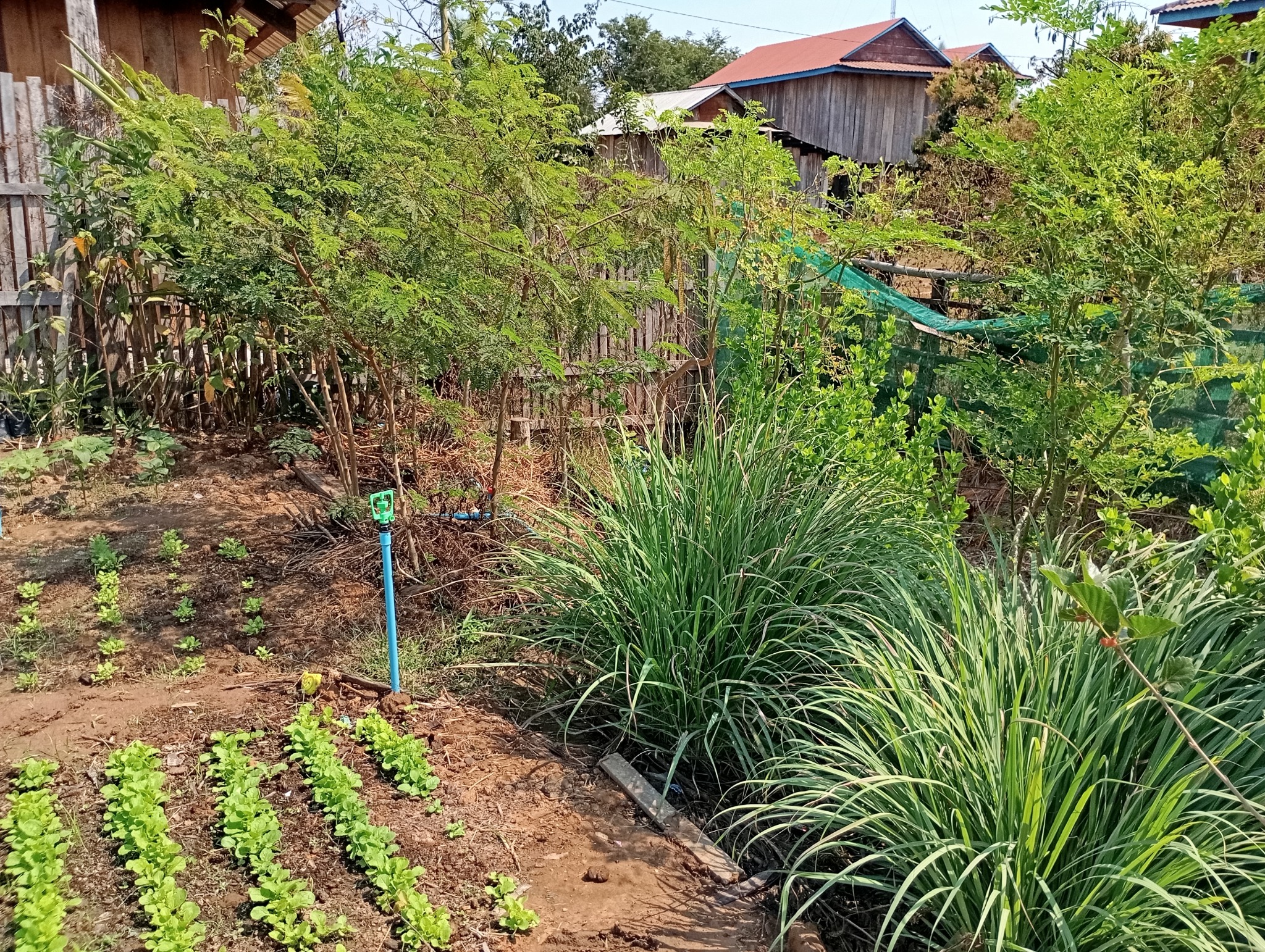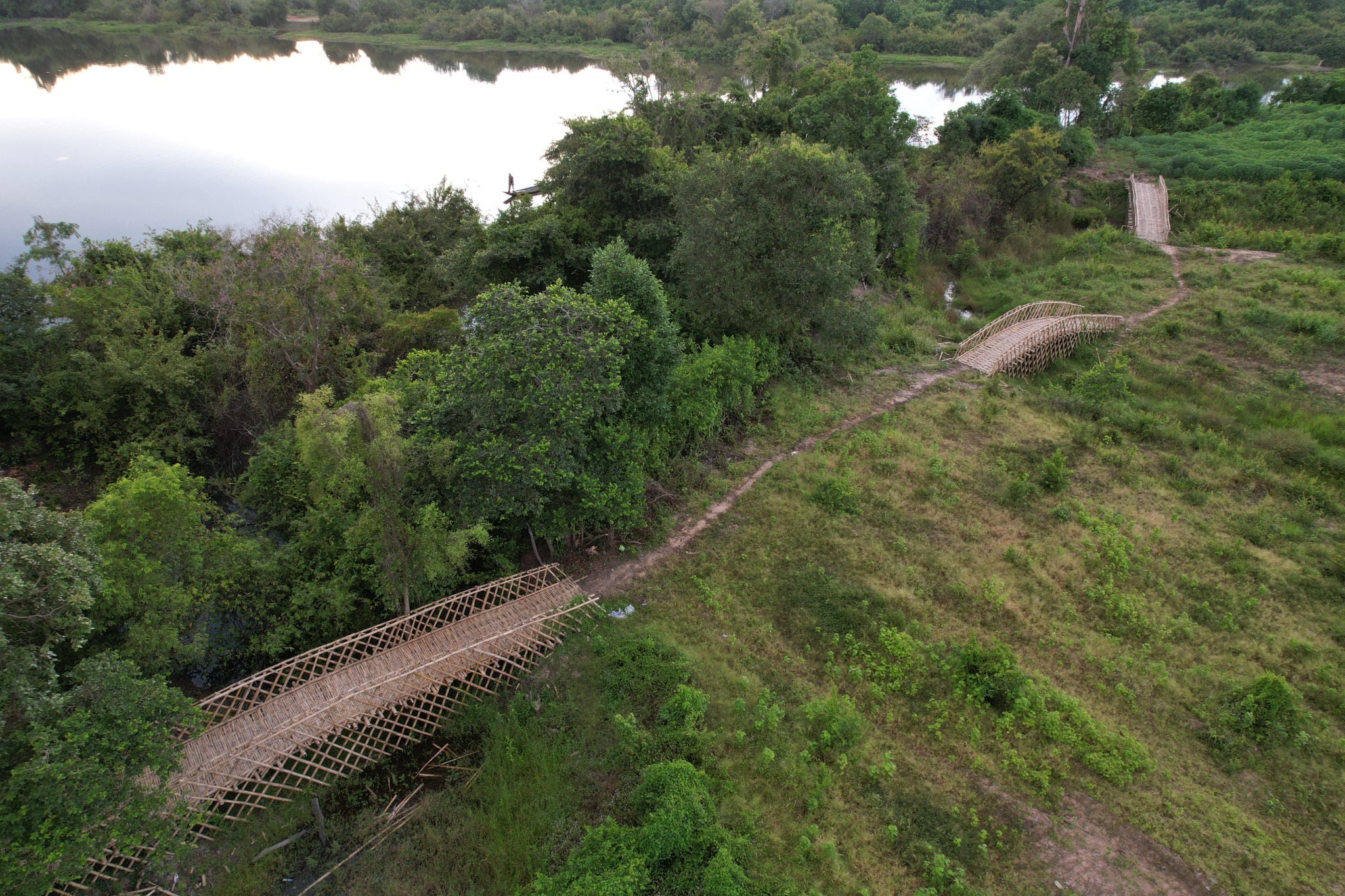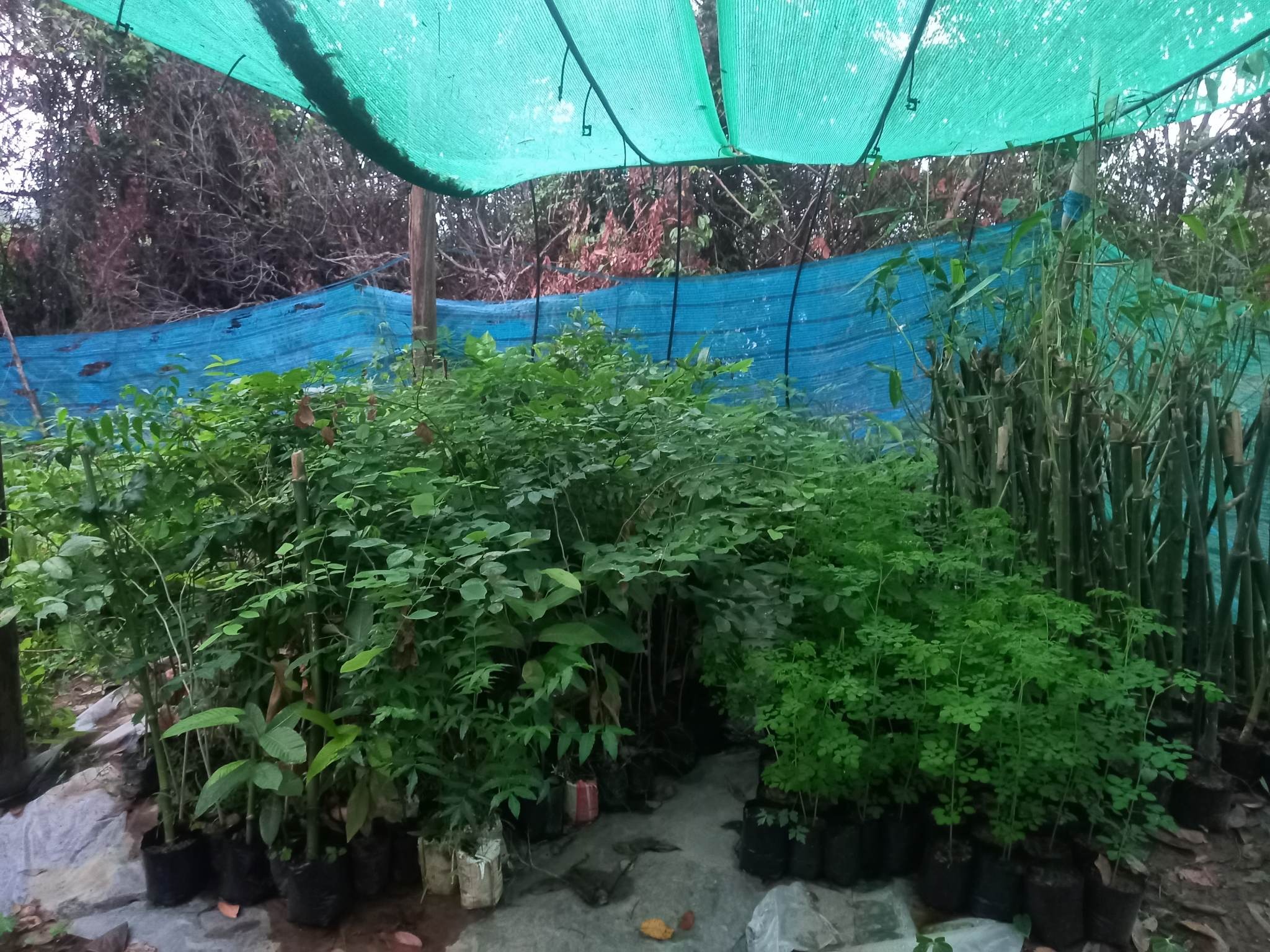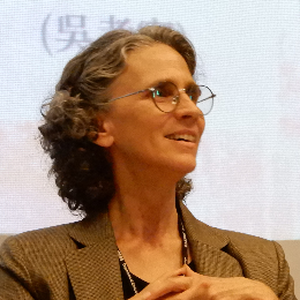Wild Edible Gardens

This is an emerging pilot project that collaborates with members of the Prey Lang and Prey Preah Roka community networks and the Faculty of Agriculture and Food Processing at University of Battambang in Cambodia to grow and transplant wild edible plants in village landscapes with the goal of creating ‘Food Forests’ in the village and surrounding areas. These village 'food forests' were not necessary in the recent past, but Cambodia's rapid deforestation impacts the local availability of basic forest foods.
The focus is on food, on plants, and their interface between the home, the village, and the forest. We have effectively tested this concept in villages and are ready to expand this into a full project. Engaged research supports mutual learning between university actors and local community experts. Making this space, where the plants are at the center of the action, opens local hierarchies to the possibilities of collective actions. Elders guide youths, women manage food, and men manage forests: The gendered and generational elements of this have profound implications for new knowledge. Two students at the university come from the communities served by this project, and one has achieved expert knowledge and will begin advanced studies.
Local knowledge of wild plants is extensive, but wild plants were rarely cultivated in the village, there was no need. Now the forest is gone and the dietary shift from forest to market food impacts village health. Loss of forest also cuts youths off from the intangible skills and knowledge of forest foods and medicines.
This garden project is one of the ways that formerly forest-based communities are creating an alternative story of development and history for themselves as people who are often considered to be outside of both. We have established gardens at the Beung Thom Community Fishery, Kampong Thom
and in Brome village, Preah Vihear. Our goal is to establish a network of viable wild plant gardens that both follows and connects the network of Kuy activists whose knowledge and energy makes this work possible.
This project has received funding from Taiwan's National Science and Technology Council, the Rotary Clubs of Minnetonka, Taiwan, and Phnom Penh, and the Toyota Foundation. We are currently experimenting with wild plant cultivation as a cornerstone to effective conservation initiatives in this damaged forest region.


